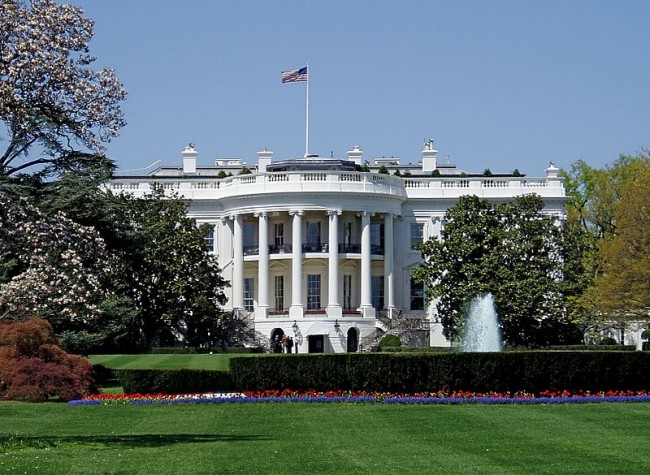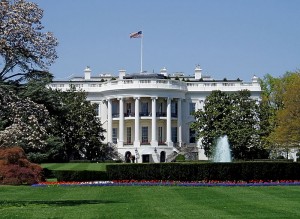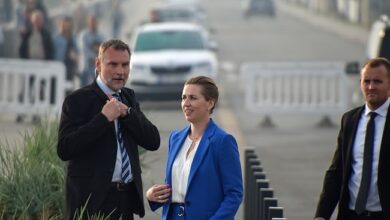Statement by the White House on Australian, Danish, and Turkish decisions to authorize military force against ISIL

 The Office of the Press Secretary of the White House released the following statement on the decisions of several governments joining the international coalition against ISIS:
The Office of the Press Secretary of the White House released the following statement on the decisions of several governments joining the international coalition against ISIS:
The United States welcomes the Australian government’s deployment of fighter aircraft to participate in airstrikes on ISIL in Iraq as well as its intention to deploy Special Forces to Iraq to advise and assist Iraqi Security Forces. With these deployments, Australia demonstrates its continued leadership and resolve in addressing the urgent and critical security challenges that threaten Australia, its people, and the broader international community. Australians and Americans have fought alongside each other in every major conflict over the past century, and we are grateful for Australia’s further contribution against terrorism.
We also welcome the decision by the Danish parliament to authorize a contribution of F-16 fighters to join American, Iraqi, and international forces in countering ISIL positions in Iraq and to provide trainers to advise and assist Iraqi Security Forces. Denmark’s contribution is a valued addition to the international coalition that has assembled to counter ISIL and support the Iraqi government. The United States is proud of our close and long-standing alliance with the Kingdom of Denmark.
The United States also welcomes the Turkish parliament’s strong vote recognizing ISIL as a threat to Turkey’s national security and authorizing Turkish military activity against ISIL in Iraq and Syria. We look forward to working closely with the Government of Turkey to incorporate Turkey’s unique capabilities into the growing international coalition to counter ISIL.
We will continue to work with our international partners to expand our sustained and comprehensive approach to degrade and ultimately defeat ISIL through a variety of means, including military actions, efforts to stop terrorist financing, countering flows of foreign fighters into the region, and delegitimizing ISIL’s extremist ideology.
Source: White House




